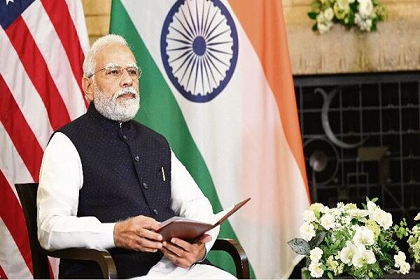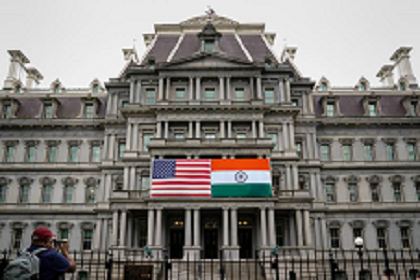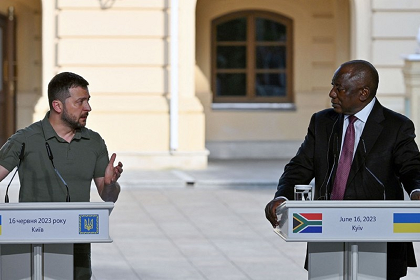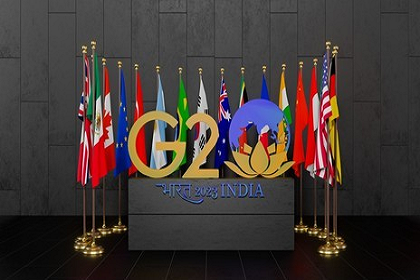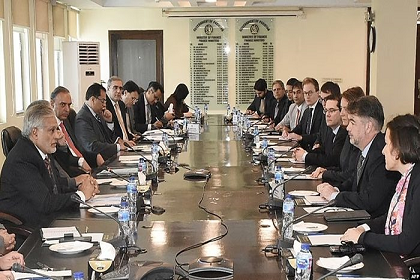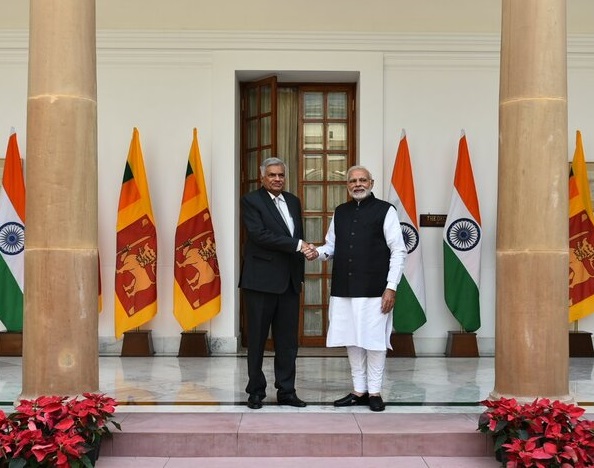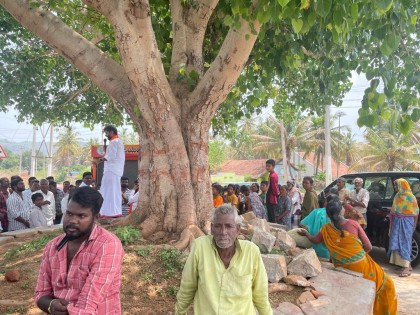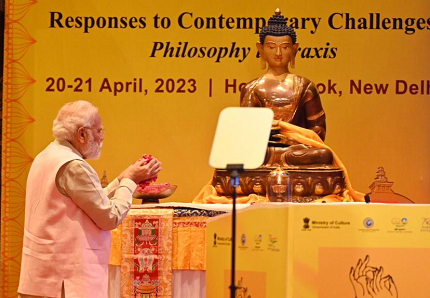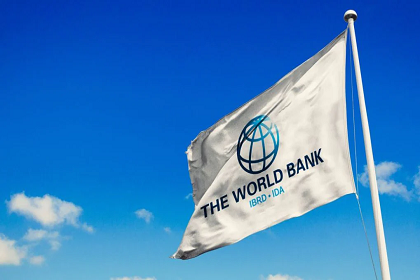Russian views on Modi’s U.S. visit
The Russian reaction to the highly successful visit of Prime Minister Narendra Modi to Washington D.C, has been largely balanced. Russians appreciate India’s need for top technology and investments, but also note that Delhi has done so without compromising its strategic autonomy.

